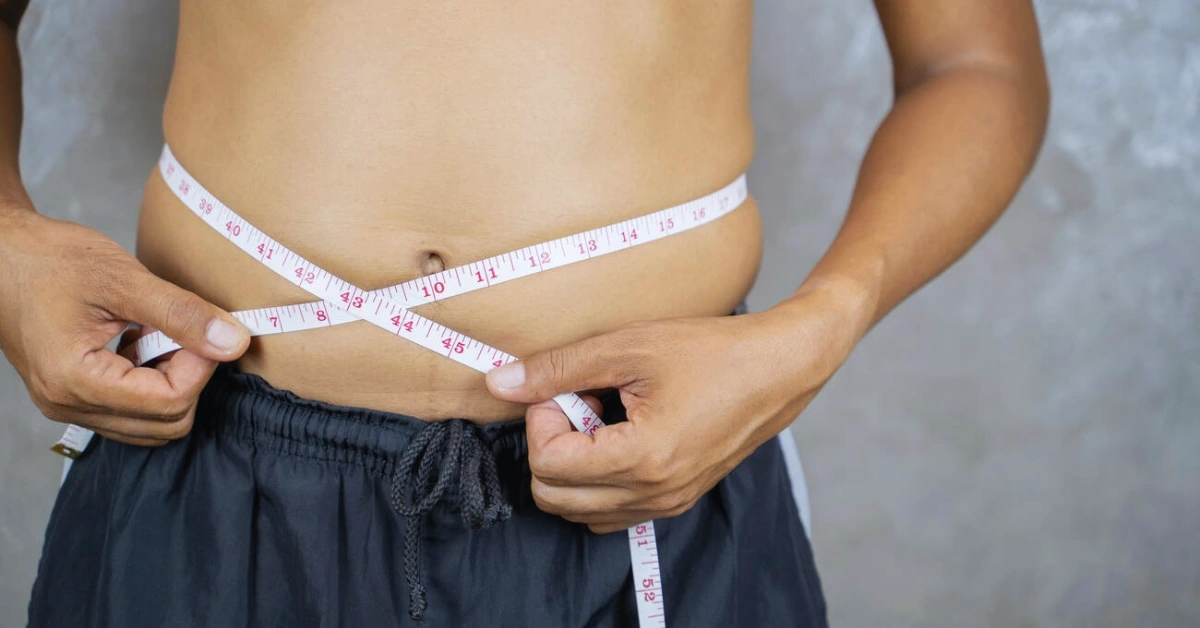Losing fat without losing muscle is the ultimate goal for many fitness enthusiasts and health-conscious individuals. While shedding excess body fat can improve overall health and appearance, maintaining strength and lean mass is equally important for a well-rounded, fit physique. In this article, we’ll explore the strategies and techniques you can use to effectively lose fat while preserving your hard-earned muscle.
Key Takeaways
- Maintaining strength and lean mass is crucial for overall health, metabolism, and physical performance.
- Creating a moderate calorie deficit, incorporating resistance training, and consuming adequate protein are key strategies for losing fat without losing muscle.
- Proper nutrition, hydration, and recovery are essential for supporting fat loss and muscle retention.
Importance of Strength and Lean Mass
Strength and lean mass play vital roles in our overall health and fitness. Maintaining muscle mass helps keep our metabolism running efficiently, as muscle tissue burns more calories than fat tissue. Additionally, having a higher proportion of lean mass improves body composition, making us look and feel better. Losing muscle mass can lead to a slower metabolism, decreased strength, and a less toned appearance, which is why it’s crucial to prioritize muscle retention during fat loss.
Also Read: How To Lose Weight Without Working Out? Weight Loss Made Simple
Strategies for Losing Fat Without Losing Muscle
Create a moderate calorie deficit
To lose fat, you need to consume fewer calories than you burn. However, creating too large of a calorie deficit can lead to muscle loss. Aim for a moderate deficit of around 500 calories per day, which will allow for steady fat loss while minimizing muscle loss.
Incorporate resistance training
Engaging in regular resistance training, such as weightlifting or bodyweight exercises, is essential for maintaining muscle mass during fat loss. Aim for at least 2-3 strength training sessions per week, focusing on compound exercises that target multiple muscle groups.
Consume adequate protein
Protein is the building block of muscle tissue, and consuming enough protein is crucial for muscle retention. Aim for around 0.7-1 gram of protein per pound of body weight daily, spread out evenly across your meals.
Include cardio and HIIT
While resistance training is the foundation for maintaining muscle, incorporating cardio and high-intensity interval training (HIIT) can help accelerate fat loss without sacrificing muscle. Aim for 2-3 cardio or HIIT sessions per week, keeping the duration and intensity moderate to avoid overtraining.
Nutrition and Recovery
In addition to creating a calorie deficit and engaging in regular exercise, proper nutrition and recovery are essential for losing fat without losing muscle. Focus on consuming a balanced diet rich in whole, nutrient-dense foods, including lean proteins, healthy fats, and complex carbohydrates. Adequate hydration is also crucial for muscle function and recovery, so aim to drink at least 8 cups of water per day.
Rest and recovery are often overlooked aspects of fat loss and muscle retention. Aim for 7-9 hours of quality sleep per night, as sleep is when our bodies repair and rebuild muscle tissue. Additionally, allow for adequate rest days between strength training sessions to give your muscles time to recover and grow.
Conclusion
Losing fat without losing muscle is achievable with the right strategies and dedication. By creating a moderate calorie deficit, incorporating resistance training, consuming adequate protein, and prioritizing proper nutrition and recovery, you can effectively shed excess body fat while maintaining your strength and lean mass. Remember, sustainable fat loss and muscle retention are the results of consistent, long-term efforts rather than quick fixes. Stay focused on your goals, be patient with the process, and celebrate the small victories along the way.
Read More: How Much Water Should I Drink A Day To Lose Weight? Find The Ideal Amount!
FAQs
A: While it is possible to lose fat and build muscle simultaneously, known as body recomposition, it is a slower process and more challenging than focusing on one goal at a time, especially for those who are not new to training.
A: Aim to consume around 0.7-1 gram of protein per pound of body weight daily, spread out evenly across your meals. This will help support muscle maintenance and repair during fat loss.
A: Yes, you can incorporate cardio into your fat loss plan without losing muscle, as long as you keep the duration and intensity moderate continue to engage in regular resistance training, and consume adequate protein.
A: The rate of fat loss and muscle retention varies from person to person, depending on factors such as starting body composition, diet, and training plan. On average, a safe and sustainable rate of fat loss is around 1-2 pounds per week, while muscle retention may take several weeks to become noticeable.
References:
- National Institute of Diabetes and Digestive and Kidney Diseases. (2021). Health Tips for Adults: Choosing Healthy Meals As You Get Older. https://www.niddk.nih.gov/health-information/weight-management/healthy-eating-physical-activity-for-life/health-tips-for-adults

